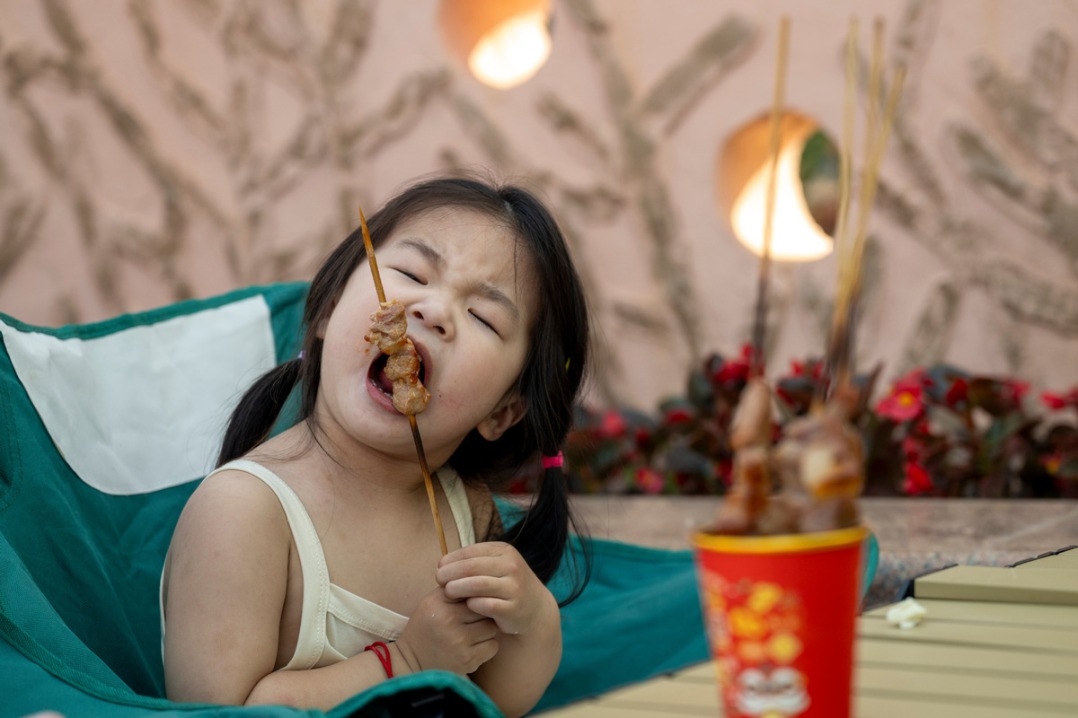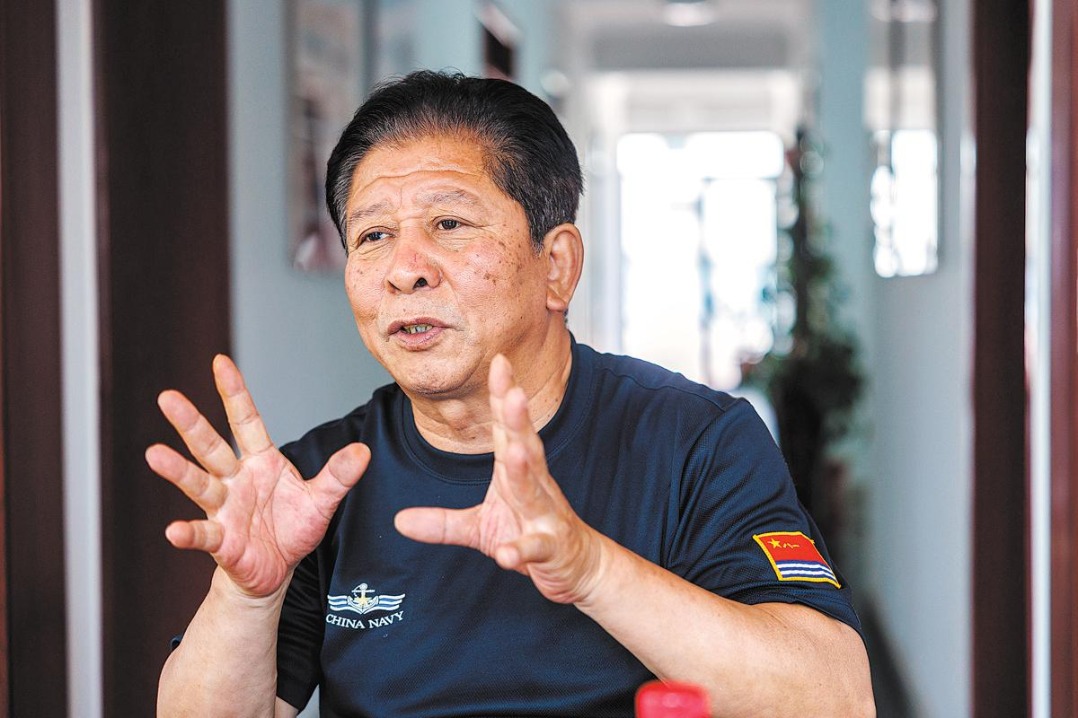Team effort brings copycat author to justice


A woman calling herself Qing Ya was among the volunteers who launched the copyright protection case. "I made it a goal to sue Zhou in court after discovering she was a copycat in 2013," she said. "Now the dream has come true. I proved Zhou engaged in plagiarism.
"In the past, our complaints against online plagiarism were often made in vain, but this time we have solved the problem by resorting to legal action. That's progress," she added.
The lawsuit brought by Shen was the first of a series of cases filed against Zhou at the court. The anti-plagiarism volunteer team is helping 11 other authors to protect their copyright.
"We hope the series of lawsuits will make more people attach greater importance to copyright protection and keep the online literary market in order," Wang, the lawyer, added.
The original title for The Princess Weiyoung was The Poisonous Daughter, written by Zhou and published on Xiao Xiang Academy, a popular literary website, in 2012.
The novel of more than 2.7 million words tells how an imperial woman called Li Weiyoung changes her life and sets off on a journey of revenge against her enemies, especially her elder sister, after Li dies from drinking poisonous wine, before being reborn.
Shortly after the novel was published, accusations of plagiarism appeared frequently online.
A volunteer calling herself Luo Hua said she was shocked when she first learned about the plagiarism online, adding that this is the lowest form of copying work, as it merely requires changing the characters' names.
"Zhou's action is unfair to other authors who take writing seriously," she said.
In Six Emperors' Favorite, Luo Hua said that Shen described two pieces of music played on the flute and the xiao, a type of Chinese flute, as "twisting and entangling, relying on each other and blending into one, then turning into a dancing fairy".
In The Princess Weiyoung, Zhou used exactly the same wording, Luo Hua added.
Shen, the plaintiff in the lawsuit, said much of Zhou's plagiarism simply involved copying and pasting contents of her book.
According to the court's ruling, 116 sentences and two plotlines in The Princess Weiyoung, covering about 30,000 words, were the same or similar to those in Shen's book.
Shen said she noticed Zhou's plagiarism at an early stage, but she was unwilling to get involved in a time-consuming lawsuit to protect her copyright. "Litigation, especially for IP protection, sounds hard to me. I know that some litigants have to focus on their IP cases for three to five years without doing any other work, but still find it difficult to win."
- Iconic Belgian music festival to make China debut
- Taiwan youth urged for more participation
- China issues first national heat-health risk warning
- Experimental satellite launched from Xichang center
- National health body to crack down on malpractices in medical aesthetics industry
- Scientists create the most detailed 3D map of a mouse brain





































